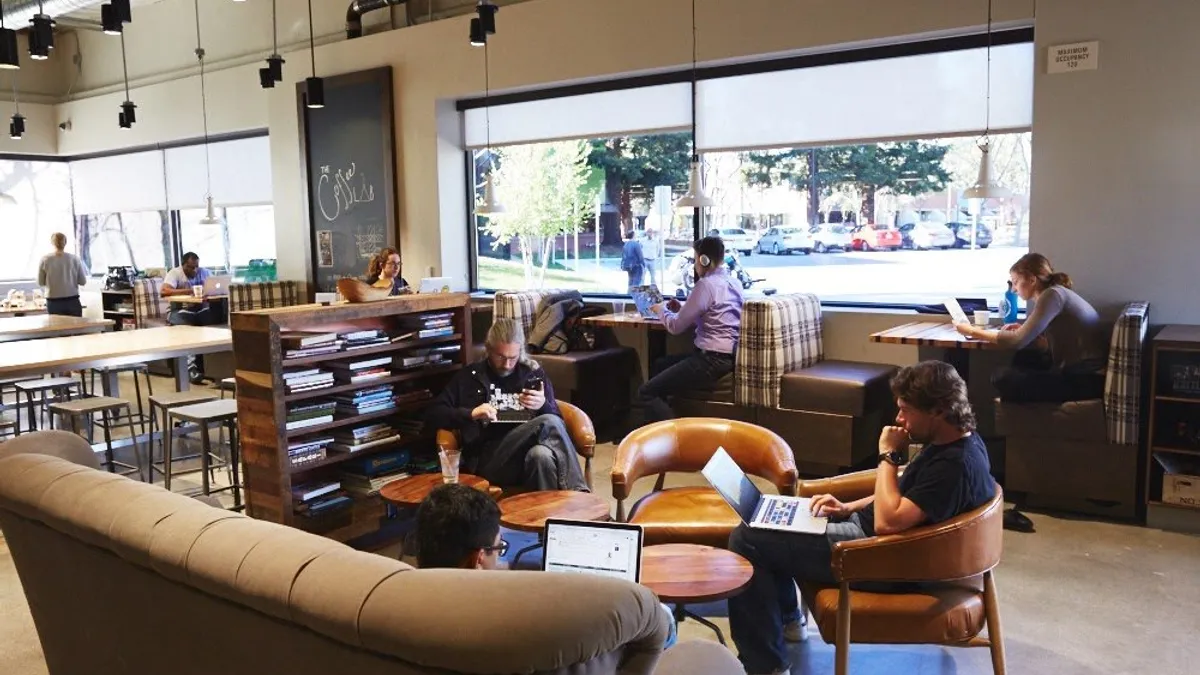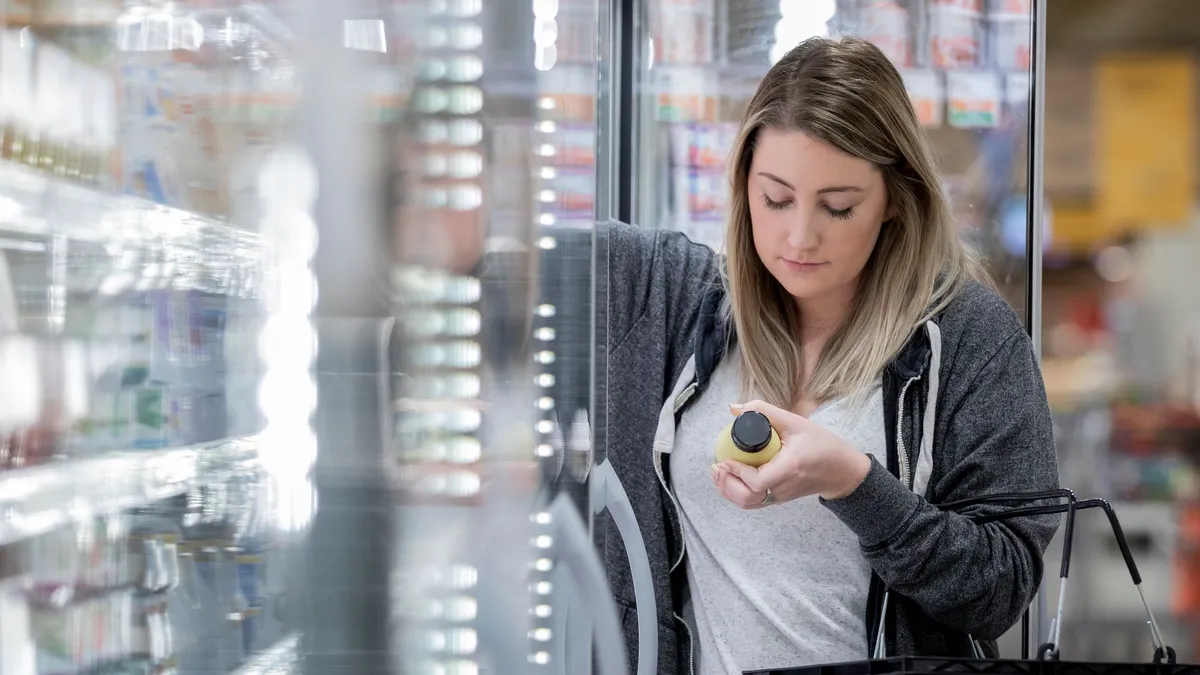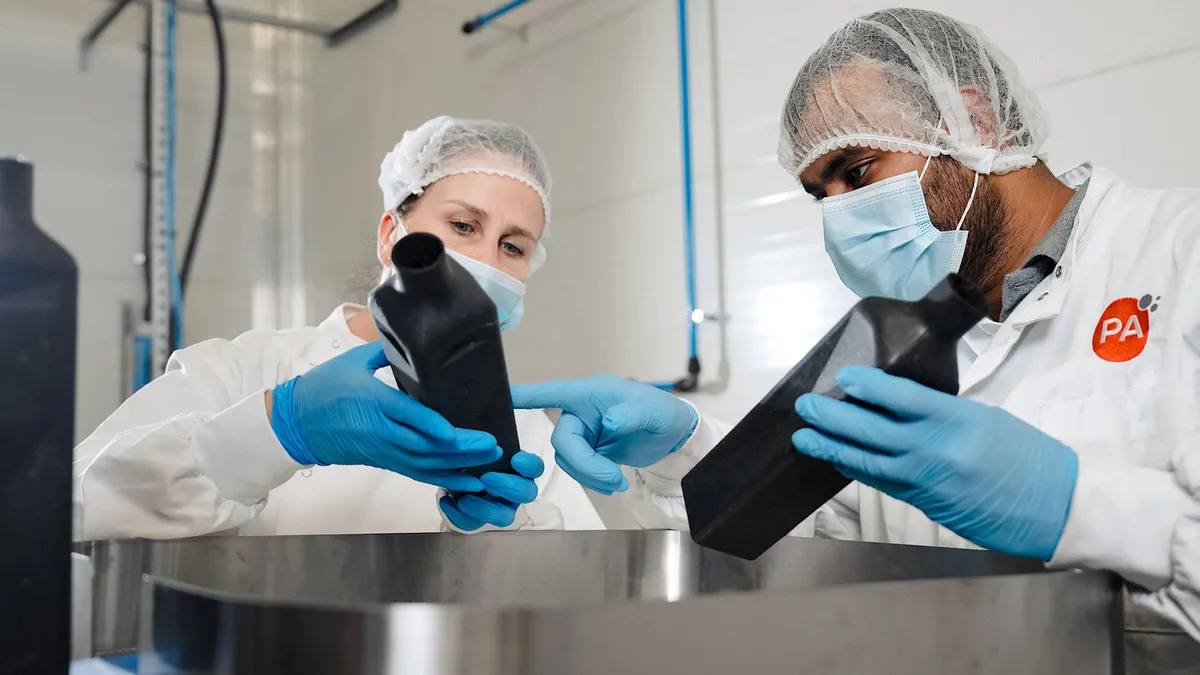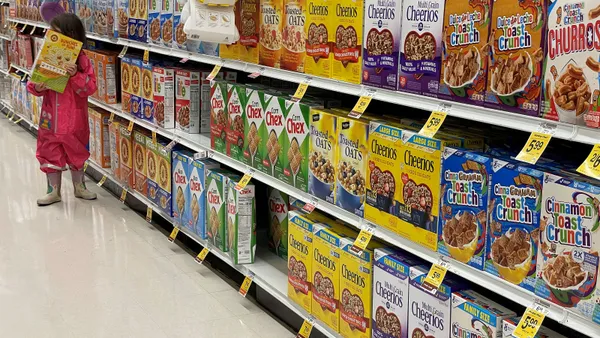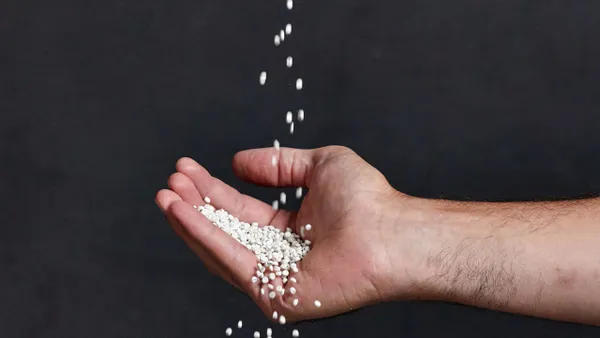Google is looking to cut back on single-use plastics used in its food service operations and is turning to reuse innovators for help. The tech giant put out a call Wednesday for food and beverage companies with packaging solutions that are free of single-use plastic to apply to test their products in Google’s U.S.-based cafes and “microkitchens.”
Two of the company’s circular economy and food leads wrote in a blog that Google is looking to replace single-use disposable products in on-site food service operations with reuse-based systems, “whether it’s snack wrappers or changes to packaging used during distribution and delivery.”
The challenge is being co-hosted by food service management company Canteen and other partners. Google will look to select top innovations in the categories of food product packaging, food service supplies and for distribution and delivery packaging. Companies can register their interest until May 30.
Finalists in the challenge will be able to pitch products to Google and “leading global food operators.” The company said it plans to purchase products or services from selected applicants and may scale more broadly beyond the initial North American test locations.
While Google did not share specific statistics for its U.S. footprint, the company said it currently operates more than 370 cafes and 1,500 microkitchens around the world to serve more than 250,000 people each day.
According to the interest form, Google prefers projects focused on reusable serviceware and packaging. Still, the company is also accepting submissions related to bulk packaging or dispensing; edible packaging; and fiber, unlined serviceware and packaging. Post-consumer recycled content is preferred in these categories; glass and aluminum are accepted but not preferred. Google says it will require third-party certifications to support material claims. Examples could include certifications for sustainable sourcing (such as through the Forest Stewardship Council for wood-based products) or green chemistry (such as ChemForward Safer or GreenScreen).
In addition to excluding single-use plastics, Google will not consider bio-based or compostable packaging (including liners), multi-layer packaging of PFAS-lined products.
Previously, the company had noted its commitment to reducing food loss and waste, in part by using tools to measure, track and analyze data on wasted food.
Under Alphabet, one of the world’s largest corporations, Google has set some ambitious sustainability goals. However, it has also faced some criticism over the years for political contributions to climate change deniers and not adequately weeding out ads propagating climate misinformation, which the company said it followed up with “enforcement actions.”
Google is also trying to reduce plastic waste outside the kitchen. The company aims to eliminate plastic from packaging and make packaging 100% recyclable by 2025. In 2021, Google designed packaging for its smart home and smartphone products to minimize plastic use, and for phone retail packaging to use 98% paper and fiber-based materials, the company reported. It also used recycled content for numerous plastic parts in those products. Google has also piloted waste reduction efforts focused on shipping materials.
Beyond its own four walls, the company further inserted itself into the global plastics discussion with a March 2022 “Closing the Plastics Circularity Gap” report it published with consultancies AFARA and IHS Markit analyzing the economic landscape with plastics, investments needed, barriers and opportunities with supply chains, chemical recycling, mechanical recycling and more.



